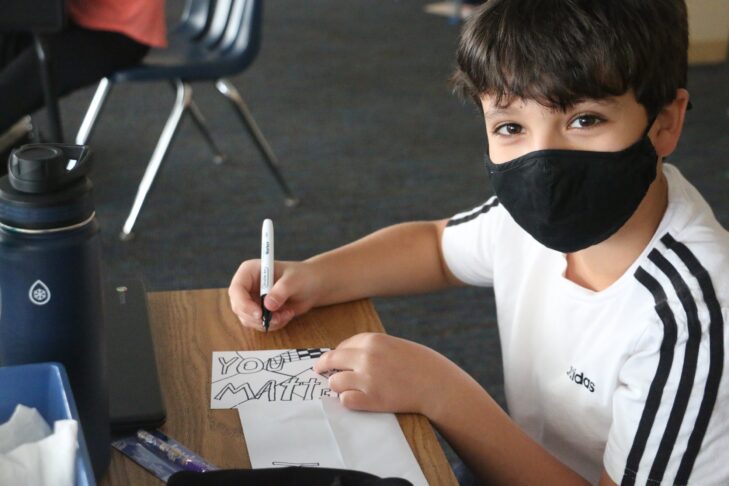One of the JCDS Habits of Mind and Heart is “applying multiple perspectives,” and this is a core component of the way we teach Tanach to our students. The tendency to sort complex situations and arguments into just a few black-and-white perspectives comes rather naturally to human beings, but with patience and intention, our hearts and minds can be guided to hold nuance and welcome diverse perspectives. The Talmud acts as a map for this approach, illustrating how long-standing differences of hashkafa, world view, are not only tolerated but welcome, and that the most accomplished learning environments include rich and varied opinions.
Unlike ancient historical texts in which the victor tells the story from their own perspective, the Talmud honors all opinions by bringing them to life on the page for future generations to examine, even if those opinions were not concluded to be the final rulings in Talmudic debates. We welcome this same complexity into our classrooms as we study Tanach, presenting students with diverse interpretations to biblical verses and then challenging our students to complicate that black-and-white thinking.
Our third graders recently celebrated a siyum (a traditional celebration of completing Jewish learning) for Parashat Toldot (the story of Jacob and Esau). With the guidance of their teacher, Meg Lederman, each student demonstrated their learning by selecting and retelling a part of the story from one character’s perspective. The retelling was done in the student’s own words, incorporating terminology from the text and reflecting the connection that each student has built with the character and that character’s unique experience of the events recorded in the narrative. We invite you to have a look at this extraordinary work in an e-book here!
At the siyum, students read these stories aloud and played “ParaCharades” (an acting game where students had to act out and guess specific biblical verses). And no siyum is complete without food! Students enjoyed Jacob’s red lentil stew, adding another experiential and memorable element to the celebration.
Each of these components helps our students develop a love of Torah study for its own sake and embrace it as an inspiring resource, informing their values, moral commitments and ways of experiencing the world. By learning to hold competing opinions that evolve their own assumptions, to using the text to create their own personal connection to the characters, to immersing themselves in the learning in an experiential and very real way, our students learn lifelong skills as they form deep and personal bonds to the Torah itself. We are so proud of Erez (third grade) and their accomplishments so far this year!
Shira Deener is head of school at JCDS.
The School Sparks blog appears periodically by various writers among the JCDS educational team. Learn more about JCDS, Boston’s Jewish Community Day School.
This post has been contributed by a third party. The opinions, facts and any media content are presented solely by the author, and JewishBoston assumes no responsibility for them. Want to add your voice to the conversation? Publish your own post here. MORE


